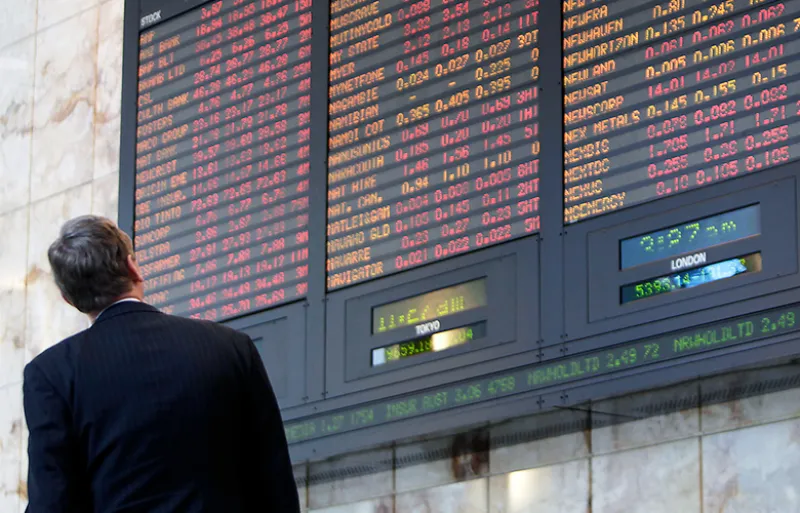Exchange-traded product providers must accept that downwards pressure on their fees will be a fixture for the foreseeable future, and even increase in more specialized areas, a new survey has warned.
The Global ETF Research 2017 report by consultancy group EY was compiled after interviews with 70 global ETF promoters, market makers, and service providers between May and September 2017.
Nearly three-quarters (71 percent) of respondents expected total expense ratios (TERs) to fall over the next three years, despite the average TER having edged down from 0.29 percent in 2016 to 0.27 percent.
In an interview with Institutional Investor, Adam Laird, Lyxor ETF’s head of ETF strategy for Northern Europe, said that the focus on fees has gradually intensified in recent years, and been in investors’ sights since the financial crisis.
“Nine years ago, investors started saying, ‘Why am I paying these charges if the manager can’t protect me?’,” he explained. “The scrutiny has just continued to grow from there. I don’t think investors will let us get away with overcharging or adjusting cost structures.”
Researchers at EY also found that 54 percent of respondents believe that fees will fall in more specialist areas such as smart beta exchange traded products, where 93 percent of those surveyed anticipated new market entrants in the coming year.
“ETF promoters need to accept fee pressure as a permanent feature of the industry,” the report noted. “Leading ETF promotors are understandably reluctant to talk publicly about price wars.”
Laird, however, is “very happy” to talk about charges, but also stressed that fees — while important — aren’t all that’s important.
“For us in the industry, we don’t want people to be deciding on cost alone. The right investment choice is about a number of different things. We don’t want the rest of what we do to get lost in the argument that have about charges.”
[II Deep Dive: Goldman Sachs Ignites New ETF Price War]
Overall, 76 percent of respondents said they believed that there will be more index providers entering the market in the future. And investors would welcome them in, the research found. Many in the industry are unhappy with the level of choice that currently exists, including 44 percent who perceived “insufficient competition” between index providers. In Europe, that figures rose to 57 percent.
“Promoters are frustrated that competitive pressures in ETF markets are not pushing down indexing costs,” the report said.
Lyxor’s Laird agreed that new providers will likely arrive on the scene in coming years, and predicted some M&A activity among established players. “I think there is still potential for consolidation,” he said. “The big index providers will still be looking out there to see if there is an area where they don’t have expertise and, maybe, need to expand. Competition is really important in this space and index fees are one of the main costs that we have. Where there is pressure on us managers to keep prices down, we will put pressure on the index companies to make sure that we get the best deal and pass on savings.”
A spokeswoman for the Index Industry Association — a trade group representing index providers — said in a statement to II that its members “consistently work with asset managers to generate high quality, independent indexes that serve the best needs of investors.”







